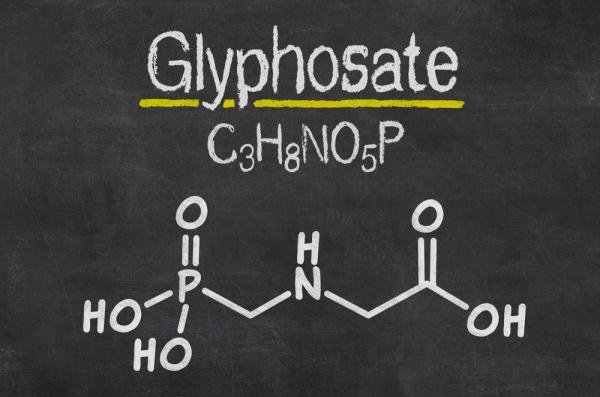
The EPA posted a report online this week stating that glyphosate does NOT cause cancer. This is not the first time they have said this, and it will not be the last.
Glyphosate is the most widely used herbicide in the United States, originally developed by Monsanto and sold under the name "Roundup." Not only has Roundup been used for the last 42 years, but glyphosate has been incorporated into hundreds of additional products for the last 16 years.
Over the years, the EPA has vacillated on their classification of glyphosate's cancer-causing ability. According to them, it seems that glyphosate has become less carcinogenic over time. It was first labeled as a "possible human carcinogen" in the mid-80s. In 1986, glyphosate was downgraded to "not enough data to tell if it's a carcinogen or not." Then, in 1991, it moved to "evidence of non-carcinogenicity in humans," which bring us to April of this year, when the EPA posted a classification of "not likely to be carcinogenic to humans," the safest classification on the scale.
To be clear, the EPA ratings set in 2005, are, in order of decreasing risk:
- Carcinogenic to Humans
- Likely to be Carcinogenic to Humans
- Suggestive Evidence of Carcinogenic Potential
- Inadequate Information to Assess Carcinogenic Potential
- Not Likely to be Carcinogenic to Humans
It was the report in April, published online for a weekend and then strangely pulled down after a few days, that is the predecessor of the report posted this week. The latest second report in the series, entitled "Glyphosate Issue Paper: Evaluation of Carcinogenic Potential," represents the EPAs "proposed" position on glyphosate.
In case you are interested in skipping over the 227 pages of rat and mouse studies (two more each than in the April report), epidemiological studies and extensive toxicology testing, to the point, I have included one of the most significant paragraphs here.
- "An extensive database exists for evaluating the carcinogenic potential of glyphosate, including 23 epidemiological studies, 15 animal carcinogenicity studies, and nearly 90 genotoxicity studies for the active ingredient glyphosate. These studies were evaluated for quality and results were analyzed across studies within each line of evidence. The modified Bradford Hill criteria were then used to evaluate multiple lines of evidence using such concepts as strength, consistency, dose response, temporal concordance and biological plausibility. The available data at this time do no [sic] support a carcinogenic process for glyphosate. Overall, animal carcinogenicity and genotoxicity studies were remarkably consistent and did not demonstrate a clear association between glyphosate exposure and outcomes of interest related to carcinogenic potential."
This week's report is the second in what is destined to be a three part series. The final report is due out from the EPA in early 2017 and I look forward to writing another article at that time, which (spoiler alert) will say that glyphosate does not cause cancer. The three reports may seem redundant but, maybe, if the EPA keeps saying that glyphosate does not cause cancer, they will successfully separate a health scare from a health threat.
* Our article covering the bizarre behavior of the EPA of pulling the report down after a weekend can be found here: http://acsh.org/news/2016/05/03/epa-magically-makes-glyphosate-safety-re....



